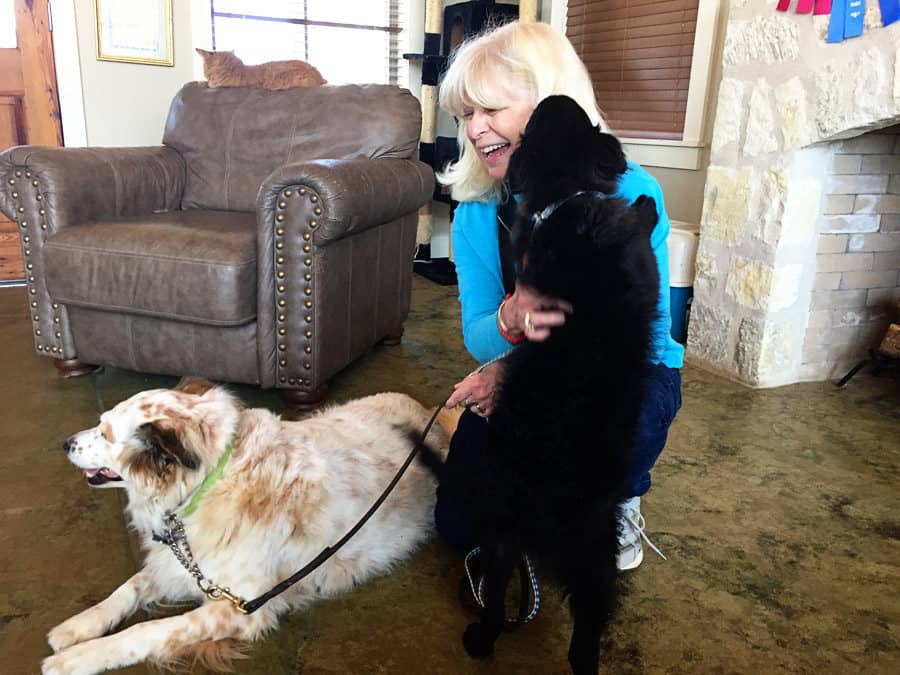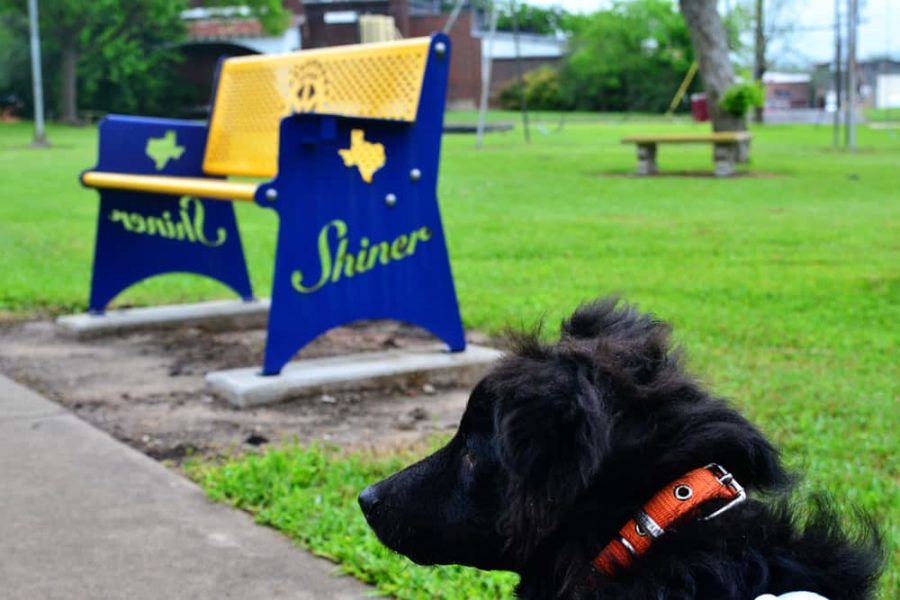- Exercise. Stress, anxiety, and aggression can stem from a lack of exercise. …
- Crate Training. …
- Play Soothing Music. …
- Try Hemp Oil or CBD Oil. …
- Evading Stress Triggers. …
- Buying a Calming Dog Bed.
If you need assistance figuring out why your dog is stressed out and how you can help him, you’re not the only one. For a variety of reasons, including boredom, frustration, fear or anxiety about a situation, many dogs can become stressed. We’ll provide some advice on how to calm your stressed dog and show you how to recognize the symptoms of stress. Additionally, we’ll assist you in recognizing when your dog’s stress and anxiety pose a long-term threat to his health. Table Of Contents.
A stressed dog may display a variety of symptoms that range in severity and duration. Some canines experience brief bursts of stress, while others struggle with persistent anxiety that can have a negative impact on their long-term health.
Establish A Safe Place In Your Home
Having a place in your home where your dog can isolate, feel safe and secure, and calm down can be helpful if he is displaying negative behavior, aggression, or is simply feeling stressed. Making his crate a safe space is a good approach. And having a dog bed that relieves stress can also calm him down.
Stress jackets, vests, and “thundershirts” work similarly to swaddling a baby to reduce anxiety in dogs by gently compressing their torsos to give them a sense of security. These dog stress vests are most beneficial when a dog experiences noise phobia (e g. , thunder or fireworks), travel, strangers, and separation anxiety.
Research shows that listening to calming music can benefit your dog in various settings, just as it does with humans. Music can also help reduce noise sensitivity by blocking out scary noises that cause anxiety in some dogs.
Yes, massage therapy can help dogs de-stress and calm down. Your dog will receive soothing physical contact during a quick massage from you, which will help him feel less stressed when he’s feeling fearful or anxious. Try lightly pressing your dog’s skin with your flat palms in a quiet area of your home. Long strokes should be used to move your hands down your dog’s body, beginning at the neck.
Here are some queries about dog stress that our readers frequently ask.
Build up to stressful situations slowly.
Rather than jumping into the car for day trips, we realized we were first going to have to desensitize Barli to the car, taking baby steps to show him that the car means fun! Wearing an ADAPTIL® Calm On‑The‑Go Collar, we’ve slowly, slowly re-introduced Barli to the car. He’s progressed from just sitting in the car (engine off) and eating treats to sitting in the car with the motor running, backing out of the carport then pulling back in, driving to our gate and back, short trips, and, finally, last week’s trip the beach!

Try to stop the nervous behavior before it starts rather than allowing anxiety and nervousness to develop in the first place and then working to de-stress your dog at that point. It’s simpler to prevent your dog from becoming anxious than it is to calm them down once they become anxious or afraid. Take a break, divert your dog, or try to remove him from the source of the stress if you can if you notice your dog is becoming stressed.

When things are stressful for us, it’s important to remember to take a deep breath and remain calm because dogs can sense our moods. I have to remind myself not to become agitated and tense when I hear target practice close to our house because I don’t want the dogs to notice how I’m feeling and think there’s something for them to worry about as well.

Dogs can have a number of different behavioral problems, everything from aggression to separation anxiety. Just like humans, canines often suffer from everyday stress that can lead to issues that can cause them to act out irrationally, again similar to their masters.
#5 – Security blankets, specialized treats and personal toys also provide comfort for stressed-out pets. Try to use items that already contain our scent, perhaps a towel or blanket, which will make canines feel even more secure.
#2 – Providing mental stimulation is just as effective as physical exercise and the two can also be combined. Think about different types of toys available that entice a dog to work for a treat or reward.
#8 – In some circumstances, you might be able to help your dog become less sensitive to the stressor. For instance, your dog might react negatively to other dogs, so you might start by introducing them to smaller, less intimidating animals in a safe environment, particularly less-threatening females.
#10 – Avoid using sedatives since there are safer, more natural alternatives available that can be used in extreme situations for dogs who suffer from panic attacks during fireworks, thunderstorms, moving and other stressful events. Along with possible side effects, the likelihood of addiction will make them less effective over time. The disorientation these medications cause may lead to potential injury, health problems, sudden death or in some cases could make an animal even more stressed when they feel a lack of control or a sense of confusion.
FAQ
How can I ease my dogs stress?
- Exercise Your Dog. Never leaving your dog alone is the obvious solution for relieving separation anxiety.
- Physical Contact. …
- Massage. …
- Music Therapy. …
- Time-Out. …
- Calming Coats/T-Shirts. …
- Alternative Therapies.
What are critical signs of stress in dogs?
A dog exhibiting signs of stress may exhibit whale eye, tucked ears, tucked tail, raised hackles, lip licking, yawning, and panting. Your dog might also avoid eye contact or look away.
Do dogs recover from stress?
A stressed pup can be a pretty miserable one. While most dogs adapt to change well, some have a harder time than others. While high stress levels, especially for an extended period of time, can be harmful, mild stress isn’t always a bad thing.